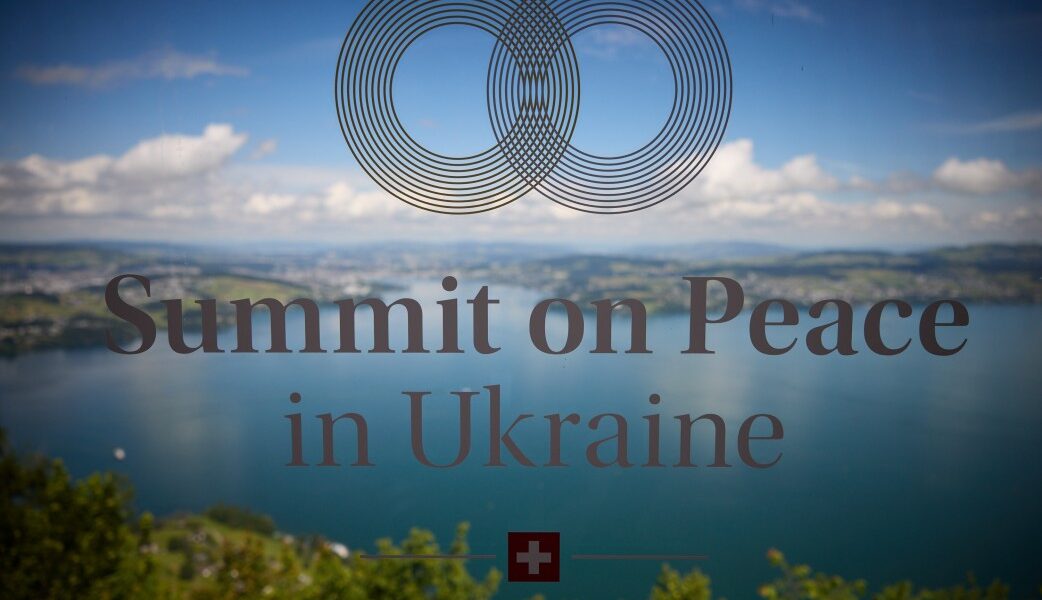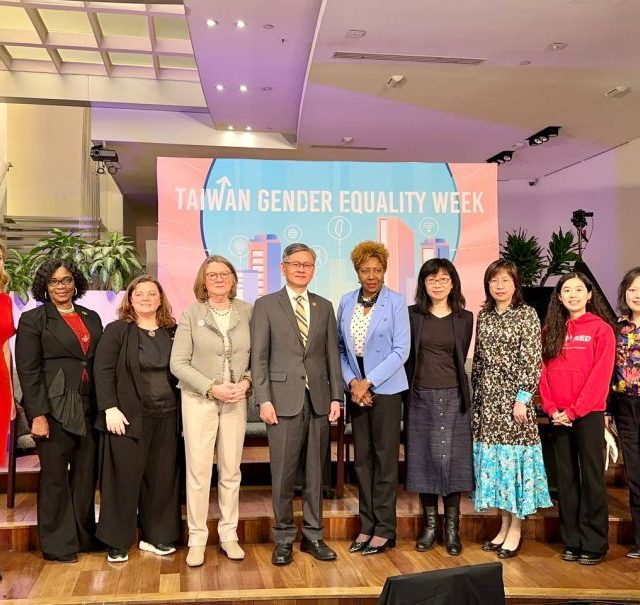The recent Global Peace Summit has proven to be a pivotal event in the ongoing struggle for international stability, particularly in the light of Russia’s aggressive actions. Despite Russia’s attempts to derail the summit, including efforts to forge alliances with China and Brazil and propose alternative peace plans, the gathering saw the participation of leaders and representatives from 80 countries across all continents. This global consensus underscores the resolute determination of the democratic world to confront the Kremlin’s aggressive agenda and those who align with it.
The primary goal of the Global Peace Summit extends beyond the restoration of sustainable peace in Ukraine. It aims to reshape the global security architecture to prevent further escalation and the onset of new conflicts. The unprovoked invasion of Ukraine by Russia in 2022 exposed the inadequacies of the existing international institutions established after World War II to prevent such large-scale conflicts in Europe. The Peace Summit marks a significant shift in security discourse, promising to yield tangible outcomes for all participants.
Central to the summit’s agenda was the unequivocal support and recognition of the Ukrainian Peace Formula in the face of authoritarian regimes and transnational terrorism worldwide. The international community’s initial tepid response to Russia’s intervention in eastern Ukraine and Crimea was perceived as a sign of weakness, emboldening Russia to escalate further, culminating in a broader war. The rapid expansion of Russia’s alliances with states like Iran and North Korea underscores its ambition to globalize the Russian-Ukrainian conflict, posing a direct threat to world democracy.
This war has evolved into a global struggle between authoritarianism and democracy. Its ramifications extend far beyond Ukraine and the European continent, affecting global food security significantly. Ukraine, known as Europe’s breadbasket, produced enough food pre-war to sustain 400 million people globally. The resulting food crisis has exacerbated inflation, migration, and other worldwide socio-economic challenges.
Addressing Russia’s aggression necessitates a united front from countries across all continents. The Global Peace Summit emphasises that in matters of peace and stability, the voices of both the “Global North” and “Global South” are equally crucial. It rejects the division of the world into factions and instead advocates for the triumph of a consolidated democratic society over pervasive tyranny.
Evidently, any agreements with Russia hold little value without substantial international pressure. Hence, Ukraine convened the Global Peace Summit, signalling the intent of global leaders to not only resist Russia’s aggressive designs against Ukraine but also against themselves— be it in food, energy, or other critical sectors.
International involvement is crucial to support Ukraine, both militarily and economically, during and after the conflict for reconstruction. This necessitates increased European engagement to bolster Ukraine’s stability and advance its path towards Euro-integration. Delays only serve the mutual adversary of Ukraine and the European Union, namely Russia.
The Global Peace Summit has set the stage for concerted and timely actions to support Ukraine and advance its Euro-integration aspirations. Every day of delay benefits only the common adversary, Russia. The imperative now lies in implementing clear, systematic, and decisive actions to secure Ukraine’s sovereignty and uphold global peace and democracy.




